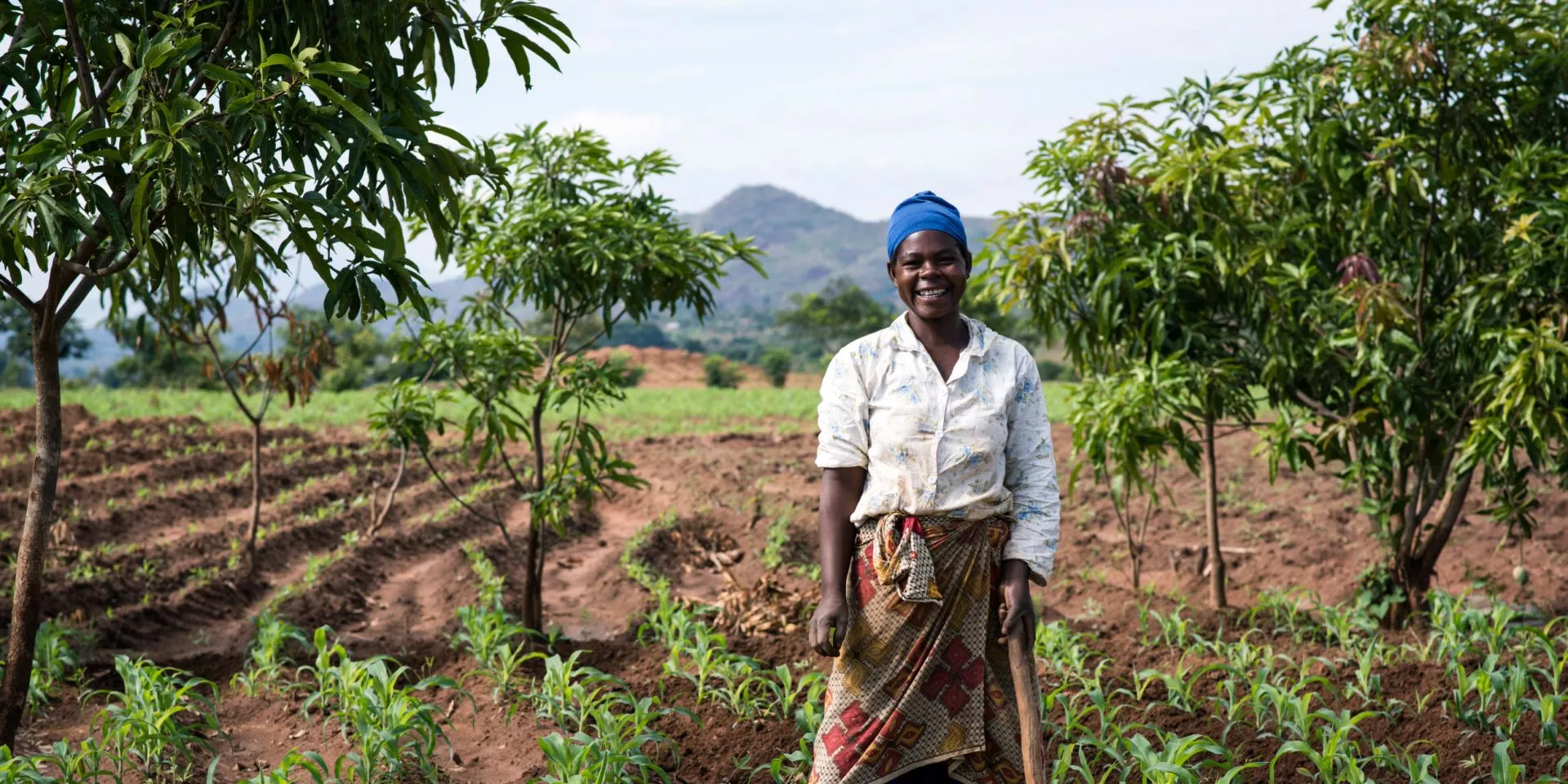Driving Development Through Farming in Cameroon
Agriculture has always been the backbone of Cameroon’s economy. With nearly 70% of the population engaged in farming activities—directly or indirectly—agriculture is not just a means of survival, but a powerful engine for development, poverty reduction, and food security. In a country blessed with fertile soil, diverse climates, and abundant rainfall, farming can transform lives and entire communities when supported with the right tools and policies.
Farming as a Pathway to Sustainable Development
Farming in Cameroon is more than planting crops—it is a livelihood, a tradition, and a hope for the future. Across rural areas from the Northwest to the South West regions, including Bota Limbe in Fako Division, families rely on smallholder agriculture to feed themselves and earn income. Yet, challenges like low productivity, outdated farming techniques, and limited access to markets continue to trap many farmers in a cycle of poverty.
By focusing on modern, sustainable farming practices, Cameroon can stimulate rural economies, create jobs, and ensure that farming communities contribute meaningfully to national development.
Key Areas of Impact
-
Food Security and Nutrition
Investing in farming ensures that communities have access to fresh, nutritious food. This is especially vital in fighting malnutrition among children and vulnerable groups. Crops like maize, cassava, plantain, and vegetables can be cultivated year-round with the right agricultural support systems. -
Job Creation
The agriculture sector offers massive job potential for youth and women. Agro-processing, storage, packaging, and distribution open up value chains that generate employment beyond the farm. -
Education and Empowerment
Income from successful harvests can support school fees, health expenses, and improved living standards. Teaching farmers modern methods—such as organic farming, irrigation, and permaculture—equips them with long-term skills to sustain productivity and adapt to climate change. -
Community Development
Farming cooperatives and associations foster unity and shared growth. When farmers organize, they can pool resources, advocate for fair pricing, and gain better access to credit facilities and government programs.
Challenges Facing Farmers in Cameroon
Despite the sector’s importance, farmers in Cameroon often face several hurdles:
-
Poor road networks, especially in rural farming zones, limit access to markets.
-
Inadequate storage facilities lead to post-harvest losses.
-
Limited access to financing and agricultural inputs like seeds, fertilizer, and tools.
-
Climate change has increased the frequency of droughts, floods, and unpredictable weather patterns.
Addressing these challenges requires a collaborative effort between government, NGOs, the private sector, and international partners.
Development for All: Empowering Farmers for a Brighter Tomorrow
At Development for All, we believe that true development starts in the soil. Our NGO supports farming communities across Bota Limbe and the South West Province by:
-
Providing training in sustainable agriculture and agroecology.
-
Supporting women farmers and youth with starter kits and farming tools.
-
Assisting with market linkages to ensure fair pricing for produce.
-
Promoting climate-smart agriculture to boost resilience and sustainability.
Through these initiatives, we aim to lift families out of poverty, reduce dependency on food imports, and build a self-sufficient and food-secure Cameroon.
Conclusion
Farming is not just a rural activity—it is a national priority. When we invest in agriculture, we invest in education, health, and economic resilience. Cameroon’s soil holds the seeds of development. All it needs is nurturing, collaboration, and vision. Let us cultivate our future—one farm at a time.




